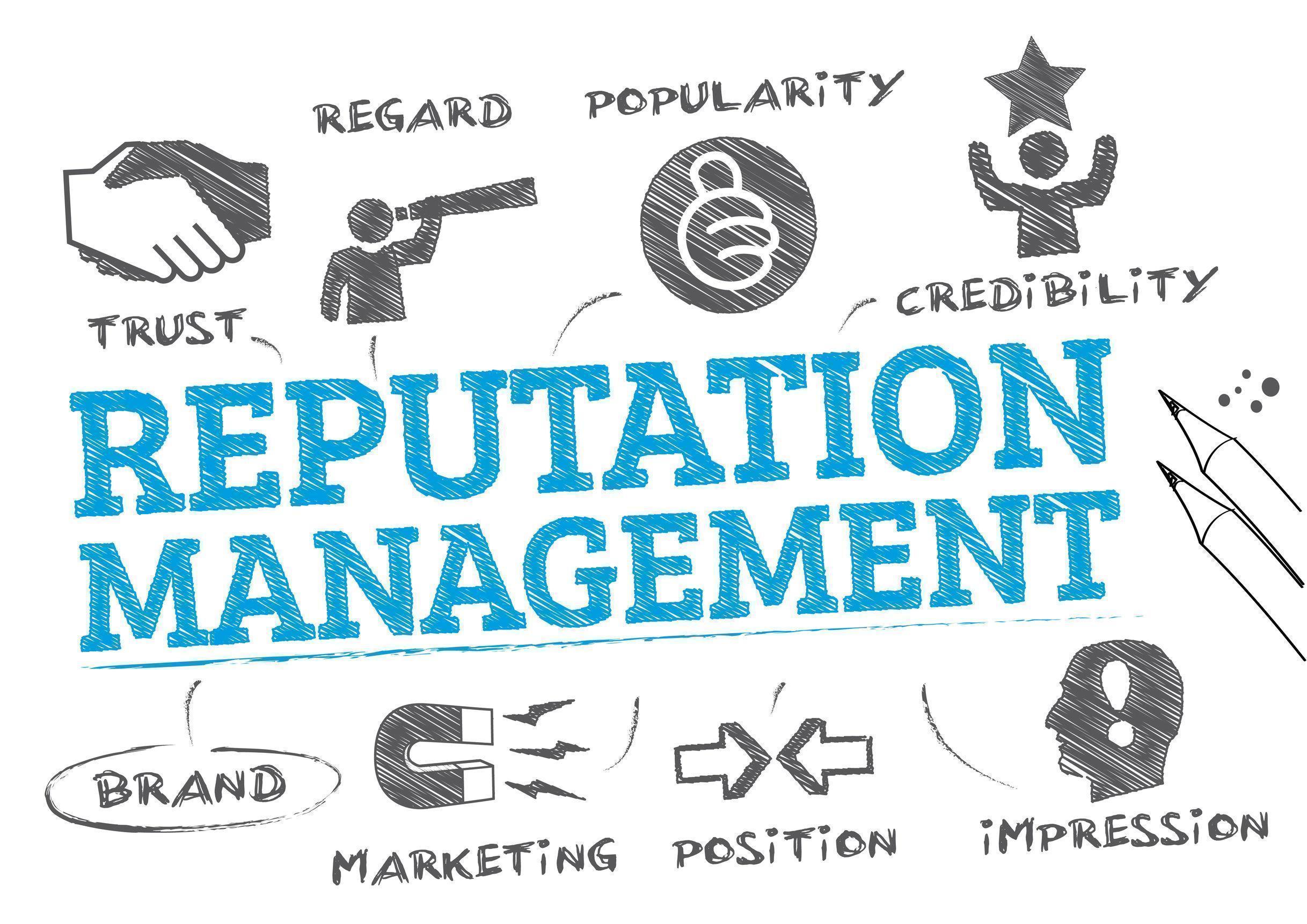Written by Michelle Kane, Voice Matters LLC
Reputation management has been a recent topic of discussion in our Solo PR Premium Member Facebook Group (Shameless plug, if you’re a solo, this alone is well worth your membership – join us!). Examples abound, from the attorney seeking to tamp down bad press resulting from representing a particular client to the physician falsely accused of a surgical error, once this negative information is online it’s a challenge to combat. In the case of the physician, a retraction was issued, but the initial news stories generated so many views they still outweigh the retraction. The attorney with the unpopular client sought help from a firm that allegedly advised ways to suppress the bad news online, including publishing a huge amount of positive content within a short period. If indeed true, those methods are considered “black hat” SEO and are not as effective as promised.
Still, some clients diminish the need for managing their reputation, falsely believing that if they do the right thing, they are immune from public embarrassment. The infographic below highlights the importance of online reputation and the impact it can have on your brand.
![Have You Seen Your Online Reputation? [Infographic]](https://i0.wp.com/www.mdgadvertising.com/wp-content/uploads/2013/05/online_reputation_475-1.jpg?w=1080&ssl=1)
Infographic by MDG Advertising
Your best course of action? As with most situations in our line of work, be proactive. Where establishing a crisis management plan is preparing for a future event or situation you hope never happens, reputation management is ongoing. The upside is that the components of creating a positive online presence should already be part of an existing communications plan:
A Seat at the Table
The communications professional should always have a seat at the table. One way of putting this is, “We don’t have to know everything that is going in with the client, but we have to know everything.” Having the information about future initiatives and plans helps us create appropriate messaging and allows us the ability to think ahead on behalf of the client and point out any potential reputation pitfalls.
Use Your Content Marketing Strategy
Use your existing platforms – website, blog, social media channels – to tell your client’s story often and well. Producing engaging, positive content will do the long-term work of establishing a solid and positive reputation.
Social Listening
Want to know what people are saying about your client online? Listen in. Set up keyword and hashtag alerts using Google Alerts (which, contrary to the news it was phasing out, is still helpful), Talkwalker, or Feed.ly. For social media channels, it’s helpful to use the features within Hootsuite or Sprout Social to set up search parameters for everything from client’s name, industry keywords, company tagline, names of key team members, and more. If you prefer to outsource this activity, there are a number of service providers, including Notifier for Reddit, TrendKite, Synthesio, and AgouraPulse.
Encourage Online Reviews
Counseling your client to encourage online reviews not only helps establish a positive reputation, it’s good for business. According to the latest Nielsen “Global Trust in Advertising” Report, 83% of consumers trust the recommendations of friends and family above other means of advertising. Joy Hawkins, owner of local SEO agency Sterling Sky, recently shared in this case study on SearchEngineLand.com that a business’ local Google ranking is impacted by the number of local Google reviews.
Your client can begin gathering online reviews simply by asking for them. The best practice is not to ask for a “positive” review, but you may ask for an online review. Include the request, with link, in e-news or other online communications with customers. There are also a number of “white hat” reputation management firms that will automate and simplify this process on your client’s behalf.
What steps are you taking to oversee your client’s reputation management? Share with us in the comments.
Photo Copyright: trueffelpix / 123RF Stock Photo


Excellent work in showing the great responsibility of public relations specialists in managing the reputation of companies.